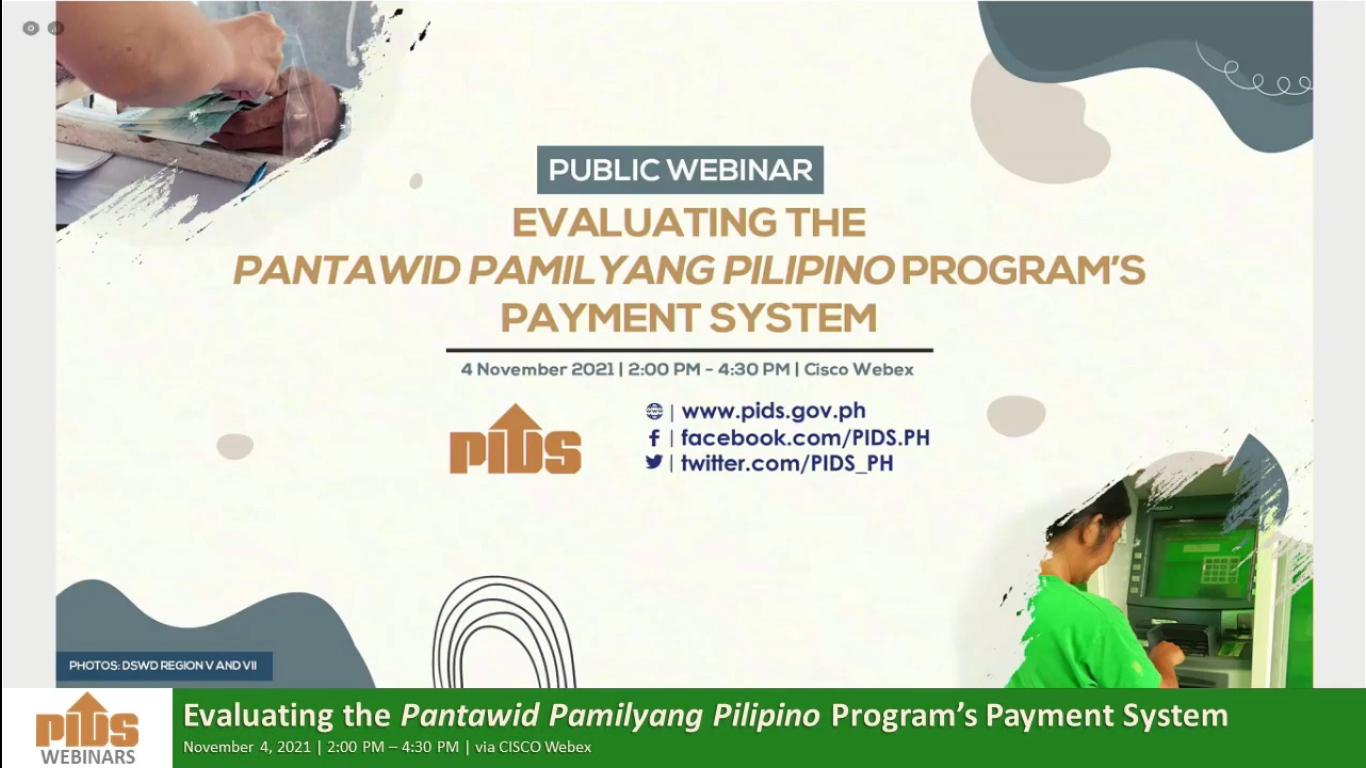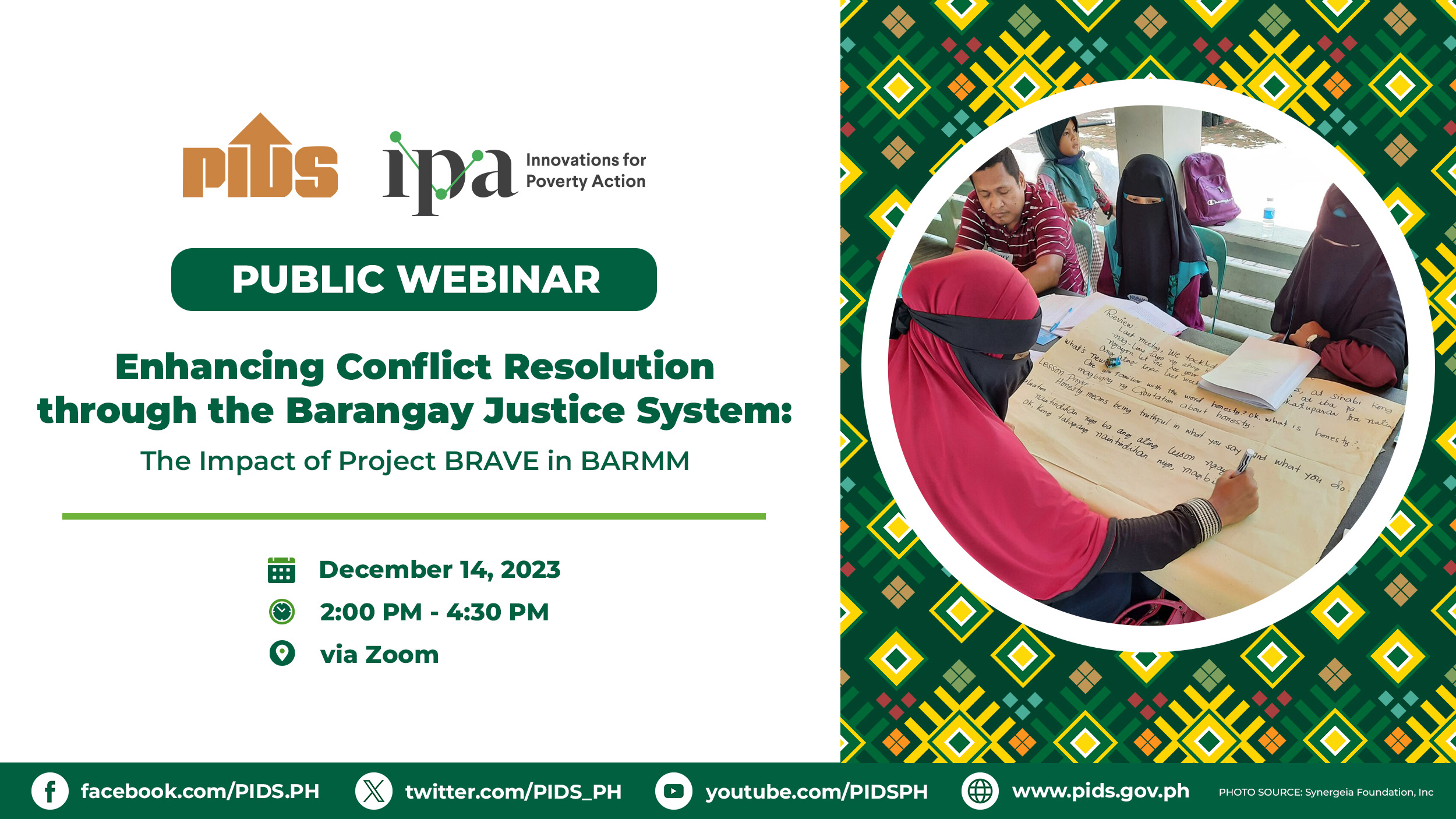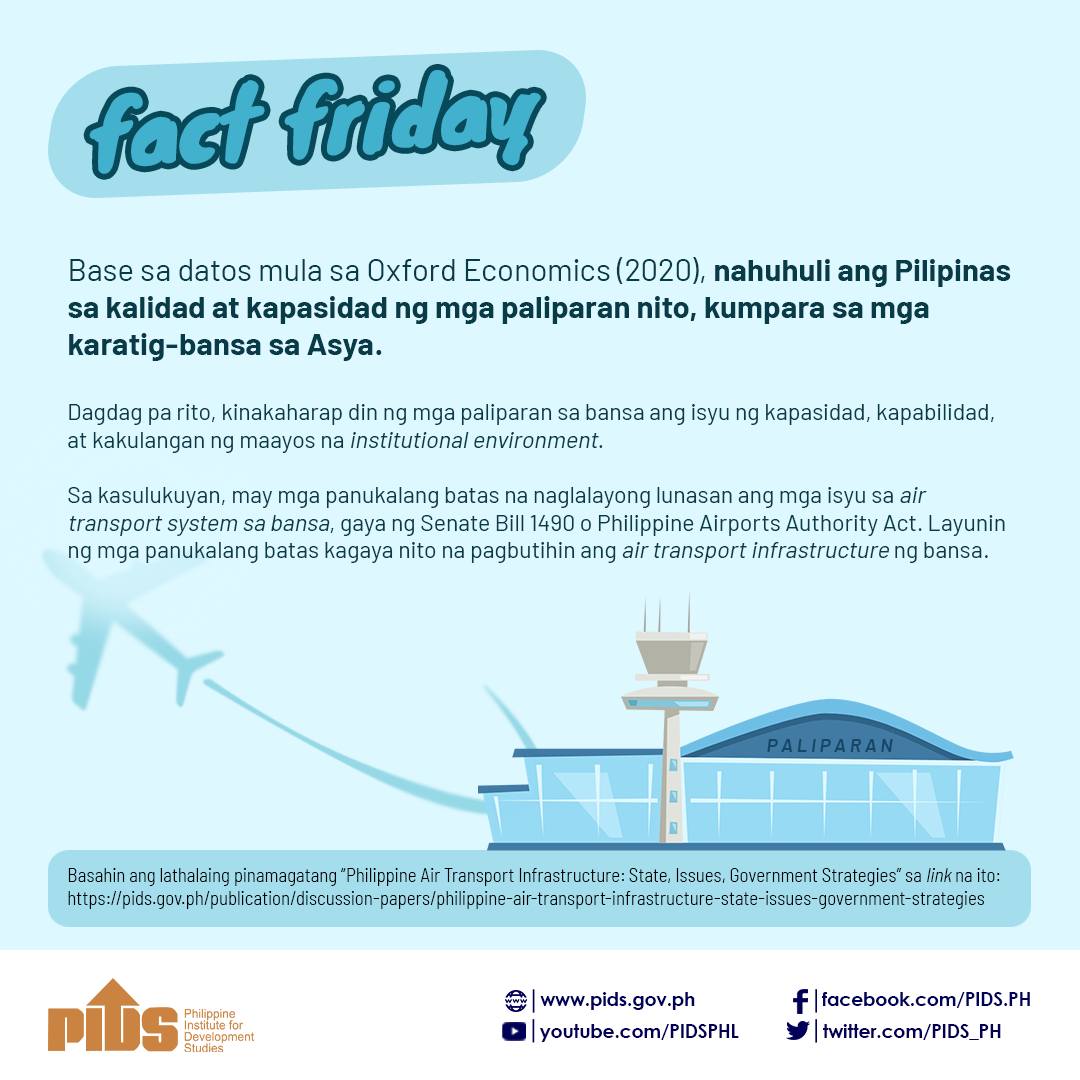Citing an urgent need to review the K-to-12 educational system, Senator Sherwin Gatchalian joined the mounting clamor for educational reforms amid “growing dissatisfaction with the present setup.”
The senator stressed, “Growing dissatisfaction with the K-to-12 system demands the urgency of conducting a review and formulating reforms.”
Gatchalian, in a news statement, cited a Pulse Asia survey conducted from June 24 to 27 with 1,200 respondents that revealed 44 percent of adult respondents are dissatisfied with the program. He pointed out, “This is 16 percentage points higher compared to the results of a survey done in September 2019 showing only 28 percent of respondents were dissatisfied with the K-to-12 system.”
The survey in June commissioned by Gatchalian likewise noted a drop of 11 percentage points in satisfaction rate with the K-to-12 program compared to a similar survey done in September 2019. This, while 50 percent of respondents in the September 2019 survey were satisfied with the program, with only 39 percent of respondents in the survey who said that they are satisfied.
In filing Senate Resolution No. 5, Gatchalian paved the way for a Senate inquiry on the status of the implementation of the Enhanced Basic Education Act of 2013 or the K-to-12 Law (Republic Act 10533)—exactly 10 years from the time the enhanced curriculum for K-to-12 was initially implemented in school year 2012-2013.
The proposed review is one of Gatchalian’s priority measures for the 19th Congress as the centerpiece of the senator’s commitments to Filipino voters during their senatorial campaign.
Moreover, the senator commissioned a Pulse Asia survey last December 2019, which pointed out that among those who were dissatisfied with the K- to-12 program, additional financial burden was the top reason for dissatisfaction (78 percent).
Gatchalian acknowledged the people’s voice were clear that “they are not content with the K to 12 program.” “Malinaw sa boses ng ating mga kababayan na hindi sila kuntento sa programa ng K to 12,” he said, noting that this was “due to the unfulfilled promises and the additional burden passed on to students and their parents.”
He recalled it was also shown in a 2020 discussion paper by the Philippine Institute for Development Studies that while the K-to-12 program promised to boost employability among senior high school (SHS) graduates, only a little over 20 percent of SHS graduates entered the labor force while 70 percent continue with their education.
The same discussion paper added that historically, the Filipino youths or those aged 15 to 24 have the lowest rates in terms of labor force participation in the Asean region. For example, 70 percent of Vietnamese youth are in the labor force but only less than 60 percent of their counterparts in the Philippines are in the labor force.
Stressing there is a need to thoroughly assess the implementation of K-to-12 program, the senator suggested that this is intended to “ensure that the goals were being fulfilled to deliver quality education and promote competitiveness among the youth.”












